LSA 20 Signature Tower Loudspeaker by Terry London
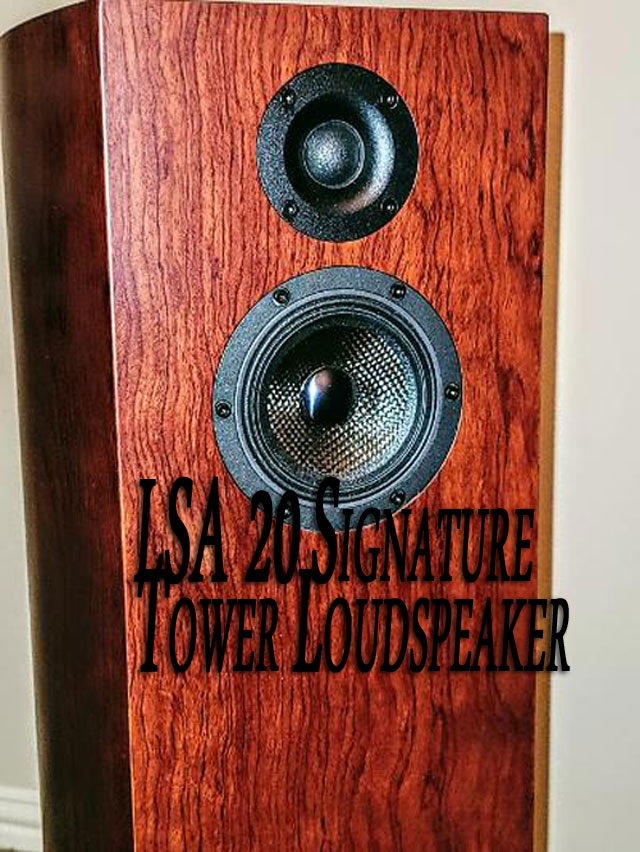
 As an introduction, on the LSA (Living Sounds Audio) 20 Signature Tower loudspeaker, which retails for $3,995 a pair but is on sale for $2,299 until the end of the year. I wanted to share two prior experiences that motivated me to want to get this speaker in-house to evaluate its performance. First, in 2012 I wrote a review on LSA’s stand-mounted, the LSA1 monitors for Home Theater Review. It was beautifully designed and constructed and offered outstanding performance at a very reasonable price. These two-way bests other loudspeakers that cost at least double its price. Second, way before I got into reviewing equipment, I had purchased different pieces of equipment from Walter Liederman, who for twenty-one years has owned Underwood Hi-fi, Inc., located in Lahaina, Hawaii.
As an introduction, on the LSA (Living Sounds Audio) 20 Signature Tower loudspeaker, which retails for $3,995 a pair but is on sale for $2,299 until the end of the year. I wanted to share two prior experiences that motivated me to want to get this speaker in-house to evaluate its performance. First, in 2012 I wrote a review on LSA’s stand-mounted, the LSA1 monitors for Home Theater Review. It was beautifully designed and constructed and offered outstanding performance at a very reasonable price. These two-way bests other loudspeakers that cost at least double its price. Second, way before I got into reviewing equipment, I had purchased different pieces of equipment from Walter Liederman, who for twenty-one years has owned Underwood Hi-fi, Inc., located in Lahaina, Hawaii.
His company operates on the direct sales business model, allowing tremendous savings to music lovers who want an excellent cost vs. performance ratio when putting together their systems. Liedermanwas always honest, knowledgeable, and helpful in our conversations regarding my purchases from him. Lieberman’s dedicated to finding well-made equipment that’s reasonably priced and yields excellent performance to his customers. Liederman made a decision five years ago to purchase Living Sounds Audio. He kept the ingenious designer in-house, was able to take the quality of the LSA speakers to an even higher level, yet because of “factory direct” pricing, the amount each speaker model cost was held to a minimum. The LSA 20 Signature Tower loudspeakers cost about the same as the LSA1 stand mount did in 2012! But none of the above would matter if the LSA 20 Signature Tower was not a top-notch performer. As you will shortly see, this speaker is a gift to music lovers on a tight budget. It offers an aesthetically gorgeous appearance and a high-performance level at presenting the illusion of live music to the listener.

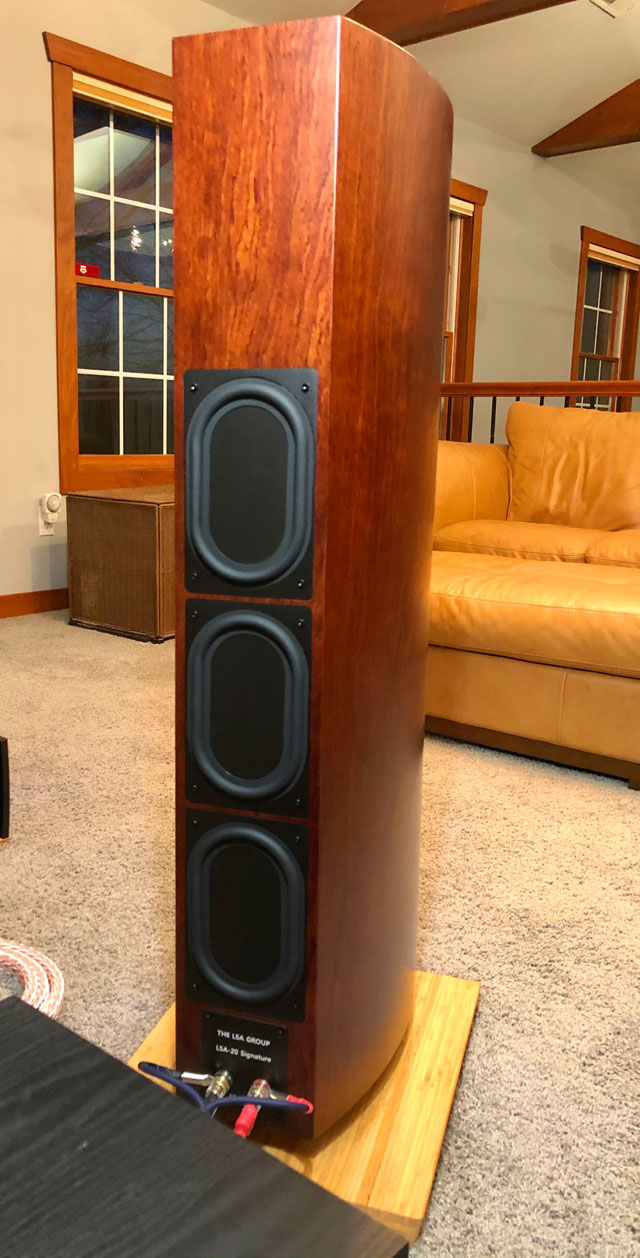
After a conversation I had with Liederman regarding which floor-standing model to review, either the 20 Signature or 20 Statement, it was decided that the 20 Signature would be more in-line with what I’m seeking when it comes to tonality/timbres/color in a speaker design. The 20 Signature uses a 1” sputtered silk dome tweeter compared to the 20 Statement which uses a copper beryllium dome tweeter. In both models these tweeters are loaded into a waveform guide to help with a smooth transition with the 4.5” midrange woven carbon driver; as I have stated before, I find natural fiber material-based tweeters and midrange transducers to have more natural tonality/timbres than ceramic or metal-based drivers. The tweeter, midrange, and woofers incorporate a patented XBL2 magnet structure technology to obtain longer driver excursions at lower levels of distortion. On the front baffle is where the tweeter and midrange are located higher up towards the speaker’s top. Lower down on the front baffle is where the twin hardened aluminum cone 6.5” woofers are situated. Around back there are three 5” x 7” passive radiators that add bass extension and impact to the low-frequency range. Underneath these three drivers is a pair of very high-quality gold-plated copper binding posts. The LSA 20 Signature’s dimensions are 39.5” high x 14.25” deep x 9.5” wide. Each weighs 67 pounds. The LSA 20 Signature comes with high-quality metal grills with embedded magnets on the front baffle to hold them in place. I found this speaker to have a beautiful appearance and did not care for the grills because they significantly detract from the visual appeal of the 20 Signature. Since the grills are not held on by posts/inserts into the front baffle, their absence went unnoticed.
 The impedance is rated at a nominal 6-Ohm loading. The efficiency is given as 89db. The frequency range is 25Hz to 30kHz. I am not a “bass freak,” meaning I don’t have to have a subterranean wall-shaking low-frequency extension to enjoy the great majority of music I listen to. However, this relatively small floor-stander will pressurize your room, as well as a pair of first-rate large sub-woofers, would if they were in your system. The LSA 20 Signature is not a particularly difficult speaker to drive. However, to get the ultimate bottom end production that the LSA 20 Signature offers, the most satisfactory results were with solid-state amplifiers that deliver over 100 watts per channel and can drop current (Example: Coda Technology #16.0, which has over 150 amperes of current when needed). When I used lower watt tube amplifiers (30 watt EL-34 based), the beauty they can provide in the midrange was easy to hear. The bass extension and control did not become totally “sloppy,” it just did not have the taut control and macro-dynamics compared to the higher power/current solid-state amplifiers.
The impedance is rated at a nominal 6-Ohm loading. The efficiency is given as 89db. The frequency range is 25Hz to 30kHz. I am not a “bass freak,” meaning I don’t have to have a subterranean wall-shaking low-frequency extension to enjoy the great majority of music I listen to. However, this relatively small floor-stander will pressurize your room, as well as a pair of first-rate large sub-woofers, would if they were in your system. The LSA 20 Signature is not a particularly difficult speaker to drive. However, to get the ultimate bottom end production that the LSA 20 Signature offers, the most satisfactory results were with solid-state amplifiers that deliver over 100 watts per channel and can drop current (Example: Coda Technology #16.0, which has over 150 amperes of current when needed). When I used lower watt tube amplifiers (30 watt EL-34 based), the beauty they can provide in the midrange was easy to hear. The bass extension and control did not become totally “sloppy,” it just did not have the taut control and macro-dynamics compared to the higher power/current solid-state amplifiers.
There is no doubt that my first propriety as a listener/reviewer is the quality of the musical reproduction in my system. A distant second is the importance of how visually appealing a piece of equipment is. True, I’d rather have a great sounding piece of gear that’s not “butt ugly,” however, I have lived with equipment that was not precisely “eye candy” because of its superlative performance. In the LSA 20 Signature case, the beauty of its physical appearance matched its superlative performance. The demo pair came clad in one of the finest quality chocolate Rosewood matte veneer finishes I have seen on a pair of speakers. I have owned speakers that retailed for close to $20,000 that did not have the quality and overall craftsmanship of the veneering and finishing of the LSA 20 Signatures that cost $3,995 (don’t forget the special pricing mentioned above). This type of chocolate Rosewood has a brownish tint in dull light. When a brighter light shines on it, it then pops with a beautiful, radiant reddish sheen. Enough on looks, let’s get to the performance.
The review pair of LSA 20 Signatures were set up in my smaller upstairs system. Because of their tremendous bottom-end extension, along with their three rear-firing passive radiators, I placed them a full five feet off the front walls to get rid of any possible muffling of the low-end, three and a half feet off the sidewalls, and six feet apart. A slight toe-in just past the outside of my ears locked in a three-dimensional center image.
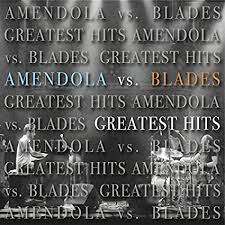 Of all the recordings I have that offer mind-blowing low-end extension and dynamics, along with a broad dynamic range that will test any speaker’s ability with peak dB levels and crescendos, none is better than Will Blades (Hammond B-3 organ) and Scott Amendola’s (drums, cymbals) album, Greatest Hits. The LSA 20 Signatures kept up with all the gigantic transients with crystal clear clarity and delivered the smallest details without strain regardless of extremely high volume levels. They never became harsh in their tonality or flattened out peak levels of either the Hammond B-3 organ or the drum kit. The experience of the bottom end frequencies was as much felt viscerally as was heard in the room. The quality of bass frequencies was not a “one note” thump but was taut, with excellent tonal definition and impact.
Of all the recordings I have that offer mind-blowing low-end extension and dynamics, along with a broad dynamic range that will test any speaker’s ability with peak dB levels and crescendos, none is better than Will Blades (Hammond B-3 organ) and Scott Amendola’s (drums, cymbals) album, Greatest Hits. The LSA 20 Signatures kept up with all the gigantic transients with crystal clear clarity and delivered the smallest details without strain regardless of extremely high volume levels. They never became harsh in their tonality or flattened out peak levels of either the Hammond B-3 organ or the drum kit. The experience of the bottom end frequencies was as much felt viscerally as was heard in the room. The quality of bass frequencies was not a “one note” thump but was taut, with excellent tonal definition and impact.
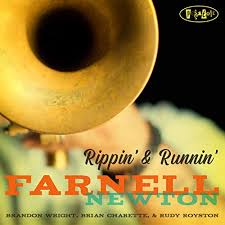 My next selection was the hard bop trumpet player Farnell Newton’s album Rippin & Runnin, which sounds like it could have been released during the hay days of the classic Blue Note recordings of the 1950’s and 1960’s. This recording showed off the next two sonic virtues of the LSA 20 Signature. They created a deep, accurately layered soundstage and completely disappeared into that stage. This soundstage was not just between the speakers but extended far out from the outside edge of each of the LSA 20 Signatures. As I have stated numerous times in my reviews, if a speaker cannot render natural tonality and timbres, it’s a deal-breaker for me as a listener. Farnell Newton’s trumpet playing has a voluptuous tonality, think the late great Clifford Brown, and the LSA 20 Signatures produced it with purity and a delicacy that charmed me into the mood of his solo on Duke Ellington’s “Come Sunday.”
My next selection was the hard bop trumpet player Farnell Newton’s album Rippin & Runnin, which sounds like it could have been released during the hay days of the classic Blue Note recordings of the 1950’s and 1960’s. This recording showed off the next two sonic virtues of the LSA 20 Signature. They created a deep, accurately layered soundstage and completely disappeared into that stage. This soundstage was not just between the speakers but extended far out from the outside edge of each of the LSA 20 Signatures. As I have stated numerous times in my reviews, if a speaker cannot render natural tonality and timbres, it’s a deal-breaker for me as a listener. Farnell Newton’s trumpet playing has a voluptuous tonality, think the late great Clifford Brown, and the LSA 20 Signatures produced it with purity and a delicacy that charmed me into the mood of his solo on Duke Ellington’s “Come Sunday.”
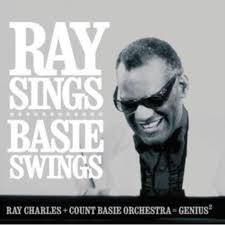 Finally, I cued up Ray Charles’ Ray Sings/Basie Swings to evaluate how the LSA 20 Signatures would deal with the hardest instrument to reproduce, the human voice. My favorite selection on this album is “Oh, what a Beautiful Morning” where Ray starts with just a whisper above the Basie band and builds up, only as he could, into a soulful jubilation shout as the big band roars behind him. As I listened to this cut, it was quite apparent that this pair of speakers conveyed the unique timbres, nuances in how he phrased a lyric, and emotion in Ray’s voice in an intimate manner that allowed me to “feel” the joy he was sharing in singing this great tune of happiness.
Finally, I cued up Ray Charles’ Ray Sings/Basie Swings to evaluate how the LSA 20 Signatures would deal with the hardest instrument to reproduce, the human voice. My favorite selection on this album is “Oh, what a Beautiful Morning” where Ray starts with just a whisper above the Basie band and builds up, only as he could, into a soulful jubilation shout as the big band roars behind him. As I listened to this cut, it was quite apparent that this pair of speakers conveyed the unique timbres, nuances in how he phrased a lyric, and emotion in Ray’s voice in an intimate manner that allowed me to “feel” the joy he was sharing in singing this great tune of happiness.
The LSA 20 Signature offers a superlative level of quality in both appearance and performance. It is a small footprint floor-stander that is elegant visually and gorgeously clad in a chocolate Rosewood matched veneer that will create the appearance of a much more expensive/upscale speaker. It creates the reference level spatiality of the finest two-way monitors. The quality of the tweeter and midrange drivers offers pristine, natural tonality/colors and see-through transparency that allows all the micro-details to be easily heard. Yet, the overall transient speed and dynamics with taut, powerful, and harmonically accurate bottom end extension give this speaker the ultimate ability to anchor any music to a rock-solid foundation that realistically supports the upper frequencies. And to sell this speaker for $2,299 (for a limited time only) makes the LSA 20 Signature one of the great bargains going in today’s high-end audio market. If for some reason, after you purchase a pair of the LSA 20 Signature speakers, you are not satisfied with them, the very fair return policy is a 10% restocking fee and shipping costs back to Underwood Hi-fi, Inc., After all, I shared in this review regarding the virtues of the LSA 20 Signature it will make sense that I will be purchasing the review pair to have in my stable of speakers for my different systems.


terry london
Specifications:
Price: $2,299 limited time only
Email: underwoodwally@aol.com
Website: www.underwoodhifi.com
Phone: 1-770-667-5633
Terry’s Associated Equipment
Sources:
Mhdt Lab Balanced Pagoda
Threshold DAC-1
Bricasti Design M3 DAC
Jay’s Audio MK-II CD transport
CEC MK-II CD transport
Amplification:
Coda FET 07x preamplifier
SPL Elector preamplifier
Aric Audio Motherlode MK II reference preamplifier
Coda # 16.0 amplifier
Threshold 550e amplifier
Triode Labs SET 2A3 amplifier
Loudspeakers:
Tekton Design Ulfberth & Perfect SET
NSMT Model 100
LSA 20 Signature
Accessories:
Full loom of Black Cat Cables- Coppertone & Digit 110 AES/EBU-3202 XLR interconnects-3232 speaker wire
Kirmuss Adrenaline speaker wire
Krolo Design reference rack & footers
Puritan Audio Labs conditioner
Audio Archon power cords
Stereo Times Masthead
Publisher/Founder
Clement Perry
Editor
Dave Thomas
Senior Editors
Frank Alles, Mike Girardi, Russell Lichter, Terry London, Moreno Mitchell, Paul Szabady, Bill Wells, Mike Wright, and Stephen Yan,
Current Contributors
David Abramson, Tim Barrall, Dave Allison, Ron Cook, Lewis Dardick, John Hoffman, Dan Secula, Don Shaulis, Greg Simmons, Eric Teh, Greg Voth, Richard Willie, Ed Van Winkle, Rob Dockery, Richard Doron, and Daveed Turek
Site Management Clement Perry
Ad Designer: Martin Perry



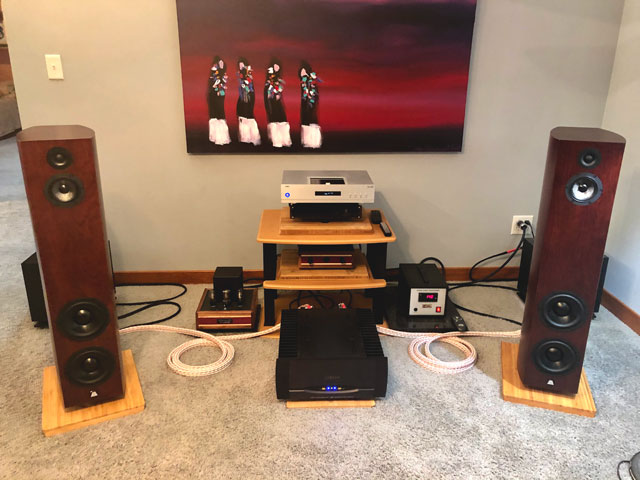

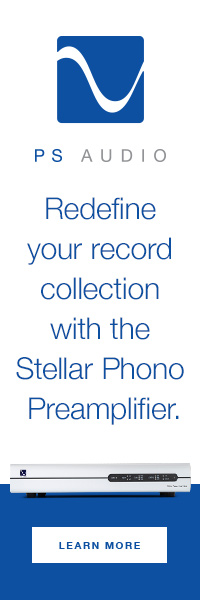
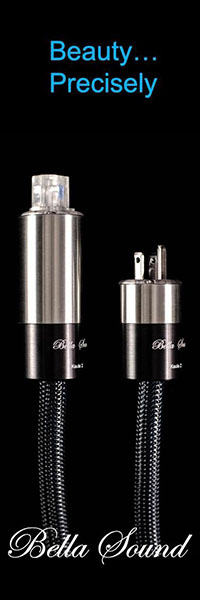
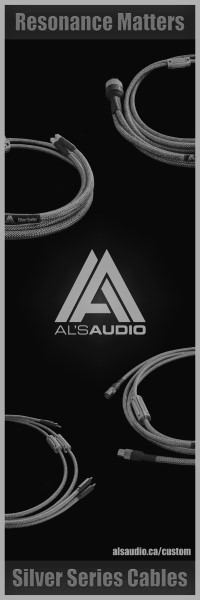
Be the first to comment on: LSA 20 Signature Tower Loudspeaker by Terry London